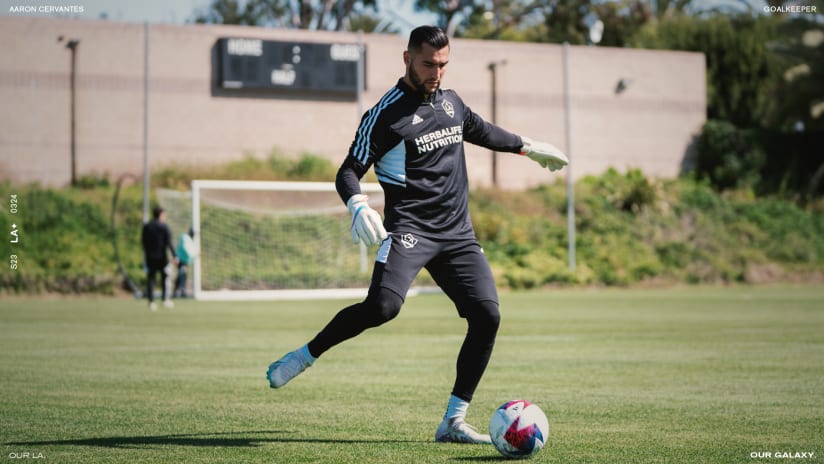Supplementation can be a controversial topic for many reasons.
Some would argue so long as you eat healthy, have a balanced diet, exercise regularly, and make good lifestyle choices there is little need to supplement.
But, as discussed in the previous blogs vitamins and minerals are crucial for athletic performance, to promote recovery, for general health and wellbeing.
- READ:Check out part two
I always believe in targeting an athlete’s diet first, as the cliché goes, “food first, supplement second.”
For the average person there is little need for supplementation, unless they have a particular demanding lifestyle, such as a factory worker or a laborer.
However, I still recommend the average person consume a basic multivitamin and fish oil as an insurance policy to promote health and wellbeing.
At the LA Galaxy, we conduct blood tests to identify each player’s key micronutrient deficiency.
Individualized nutrition cards are given to each player identifying their deficiencies and what foods they need to eat to correct them.
In terms of performance, the deficiencies that are a concern amongst most soccer players include: B12, folate, pantothenate, vitamin D, and iron.
Other deficiencies that are common include zinc, magnesium, as well as vitamin C and glutathione.
In terms of supplementation, we provide all our players with recovery shakes containing a specific carbohydrate-protein ratio, depending if it’s a training day or a match day, to promote recovery and rebuild lean tissue.
In addition, we provide select players with branched chain amino acids and L-Glutamine, to help with the recovery process, and we provide creatine to improve repeated high intensity performance.
Supplements can be expensive, but not all supplements have the benefits that are claimed on the label or are even safe.
We only recommend NSF Certified for Sport and Informed for Sport products that have been tested for banned substances and are approved for quality control.
With any supplement you need assess the cost-benefit analysis of using the product. You must ask yourself?
- Is it scientifically supported?
- Does it contain the nutrients the label claims it has?
- If you’re an athlete has it been tested for banned substances?
- Is it a value-for-money product?
- Has it been recommended by an expert?
- Does it make your life more convenient?
- Does it have any side effects e.g. stomach complaints?
- Do you feel better when you take it?
When all of these have been taken into account you can identify what supplements you should be taking to benefit performance.
When taking a supplement, there is usually a placebo effect; I believe if the supplement is scientifically supported it provides an additive effect.
Physical benefit + placebo (psychological benefit) = performance enhancement.
The key is to address your diet first and eat a variety of foods; use supplements in addition your diet to promote recovery and enhance performance.
Feel free to tweet me at @alexsavva19 with #AskAlex with any of your questions.
Yours hydrated,
Alex Savva




